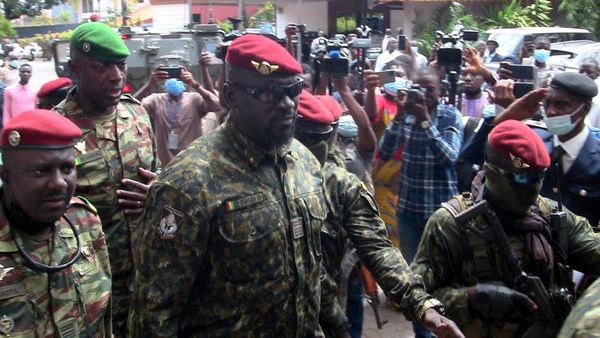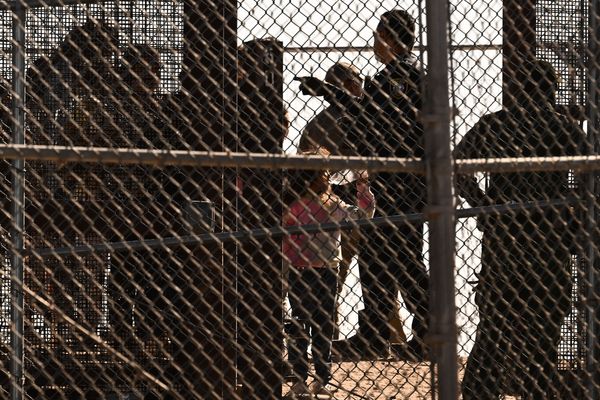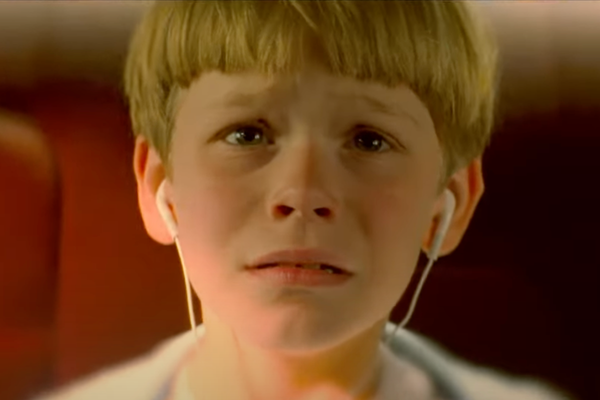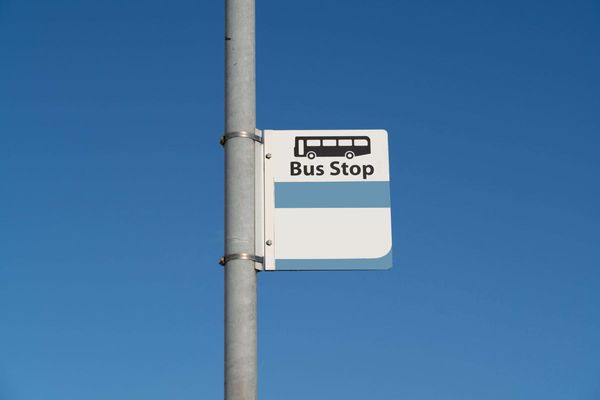
I may not be able to explain to my seven young children the science behind the changes they see living on the Fijian island of Moala, but I have made it my life goal to prepare them for the future as climate change continues to disrupt life as we know it.
I have often wondered why my community, my children and their peers have had to pay for the consequences of unfettered and unsustainable industrialisation and “development” in other parts of the world.
Life on Moala is simple. It is centred around the sea and our community, and while we live in what many may consider one of Fiji’s most underdeveloped areas, we are content and grateful. However, day by day we watch as the ocean tears down our seawall, and we wait with bated breath when authorities issue warnings of strong winds, heavy rain and the annual cycle of cyclones.
As Australian leaders have treaded water on climate action, we’ve watched some of our villages drown. A generation ago, as the sea level rose before our eyes, my community made the heartbreaking decision to relocate its timber and corrugated iron homes, lives, everything.
Even following that relocation, every five to eight years, our village seawall has to be replaced, and as a subsistence farmer I’ve had to move further inland to avoid saline soil. We’ve seen the fish stocks and fruit supply we rely upon deplete. And I witnessed the warzone-like scenes of devastation after Tropical Cyclone Yasa swept through Fiji in 2020, as a volunteer leader of first responders for the Fiji Council of Social Services.
With little to no access to services and information, climate justice for us is just empty words. Not until policies are translated to services, to access, and to the dignity of our remote island communities will we start to see climate justice.
The Australian government may have changed last year, but in the Pacific there is still a great sense of wariness towards our big neighbour. There is concern that despite all the visits and rhetoric about a new approach to climate action, Australia may regress on its positions and commitments.
Climate change has become the region’s most critical development challenge, with advocates lamenting its impacts on Pacific communities on the world stage, but not many live that reality.
I want the world to know what it’s like to walk knee-deep in what once was a sandy beach. What it’s like to consider category three or four cyclones as a normal thing, and when every development in our community is centred around disaster. Until that happens, and despite the continued advocacy efforts of Pacific governments, we won’t see funding reaching communities like ours in Moala.
We keep hoping that all this talk will translate to better access to finance for stronger seawalls, classrooms, nurses’ stations and climate-resilient crops in our village, Cakova. As a volunteer disaster responder, I don’t want to see the devastation I saw from Tropical Cyclone Yasa repeated in other rural communities. I want to ensure that communities have access to climate finance facilities that will help them build more disaster-resilient homes and farms.
Despite all of our challenges, we remain proud and committed to finding solutions for our communities. We are not simply waiting for things to get worse. We are getting on with adaptation. We are relocating our communities. We are changing the foods we plant. We are leading responses to disasters like Yasa.
But it’s clear that we are going to need our friends, such as Australia, to do a lot more than co-host global climate talks. To restore credibility in the Pacific and ensure a successful and meaningful bid for COP31, the Australian government must ramp up climate finance to support us to adapt; foster collaborative and inclusive decision-making by ensuring those at the grassroots level are involved in decisions that impact them; and advocate on our behalf on the global stage (such as at the upcoming G20 meetings), including in the design of funds to help us recover after climate-fuelled disasters.
Along with two of my fellow grassroots climate leaders in the Pacific, I have just returned home from two weeks in Australia, sharing my community’s stories and meeting with political leaders, climate groups and members of the public. Together with Oxfam, we met last week with MPs from across the Parliament, calling for greater urgent climate action.
My work is focused on leaving the world better than I found it, not only for my children but for all children. I want to show them that if you have the knowledge and power you must take action, not just be a bystander. And that’s all I ask of Australia’s political leaders.







